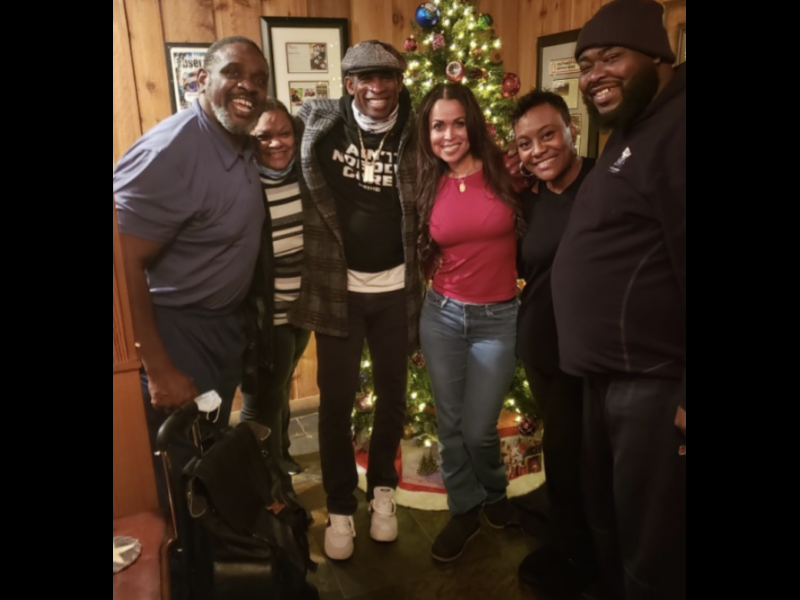An interesting analysis of Makur Maker’s decision to hoop at Howard amid the program announcing the 5-star athlete would be shut down indefinitely because of a groin injury after two on-court appearances contained an assumption historically black colleges are not necessarily equipped to nurture talented athletes compared to Power 5 schools.
The people who knew the least were the loudest ones in the room. And the HBCU alums that were happy about Maker’s decision were doing it out of the pride we have for our alma maters.
But, what people — of all colors — didn’t take into account in the discussion about top-tier Black athletes choosing HBCUs over Power 5 schools is that it’s inherently selfish at its core.
Because if you wanted to be a doctor, lawyer, or astronaut, you would likely choose a school that has a history, system, and culture of producing doctors, lawyers, or astronauts. Going somewhere that doesn’t specialize in that wouldn’t be the best decision for your future.
So then why do people want 5-star athletes to go to schools where they specialize in the student and person you will become, instead of the athletic asset others only see you as?
While Carron J. Phillips, the author of these words, is correct that whatever school an athlete decides to attend is motivated by individual interests, to go as far as to suggest that HBCUs shouldn’t necessarily be a choice for blue-chip athletes because schools lack the historic credentials to develop them is misguided.
This argument ignores the role integration had on black college programs across the country over time. During a period from 1960 to 1972, as many as 30 basketball players representing HBCUs were selected in the NBA Draft. Fast-forward more than a half-century, and only one HBCU player since 2012– Kyle O’Quinn of Norfolk State — has been taken in any round in the last eight drafts.
Related Content:
- Five-star Howard recruit Makur Maker makes his college debut against Belmont
- ‘Inspire others to take HBCUs seriously’: Makur Maker explains in ESPN interview why he chose Howard
- Five-star recruit Makur Maker announces historic commitment to Howard
There was a point in time when Winston-Salem State, Grambling State, and predominately black institutions produced first-and second-round NBA talent. But those athletes — thanks to the globalization of basketball — have been replaced by players from foreign nations or high schoolers before the league necessitated that those eligible spend at least one year elsewhere first. Teams are now willing to take a flyer on a player from Serbia than Savannah State.
To further illustrate this reality, LaMelo Ball — taken third in the 2020 NBA Draft — became a lottery pick playing not at Duke, North Carolina, or even North Carolina Central but in Wollongong, New South Wales in Australia.
Are the Illawarra Hawks ideally more specialized at developing young basketball players than American colleges and universities?
Ball would have likely been a lottery pick whether he played in Australia or in the United States. Zion Williamson would have gone No. 1 overall whether he was under the guidance of Coach K or Kenny Blakeney.
Maker, if he is as good as advertised, probably will not be hurt by playing at a school that failed to make the NCAA Tournament in years. Maker’s first collegiate game being televised on ESPN 3 instead of ESPN national, respectfully isn’t the difference-maker for some NBA team deciding, or not, to make an investment.
It’s far too early to cast doubt on the Maker experience after only a week. There is still much time for the outcome to be decided.








